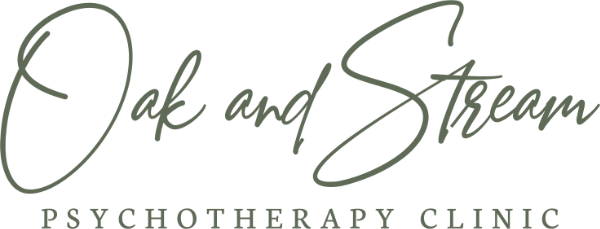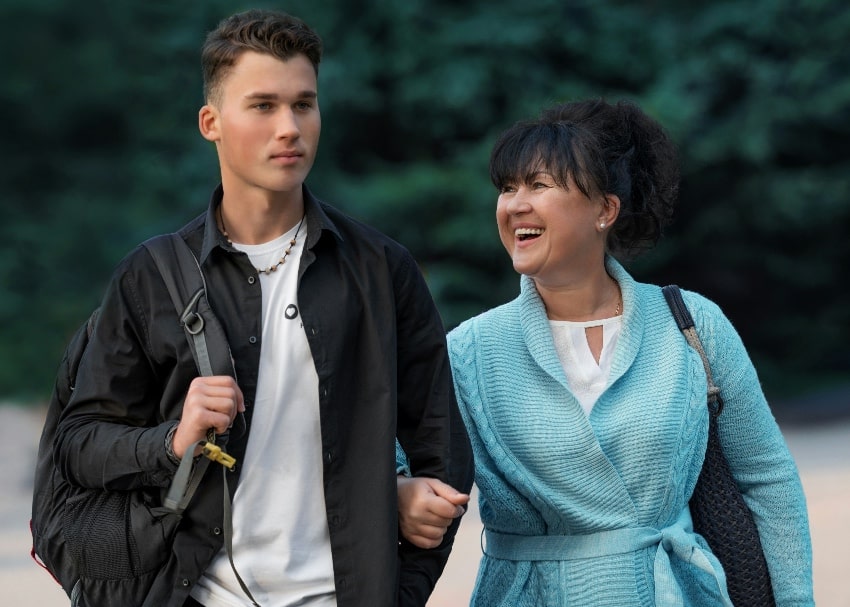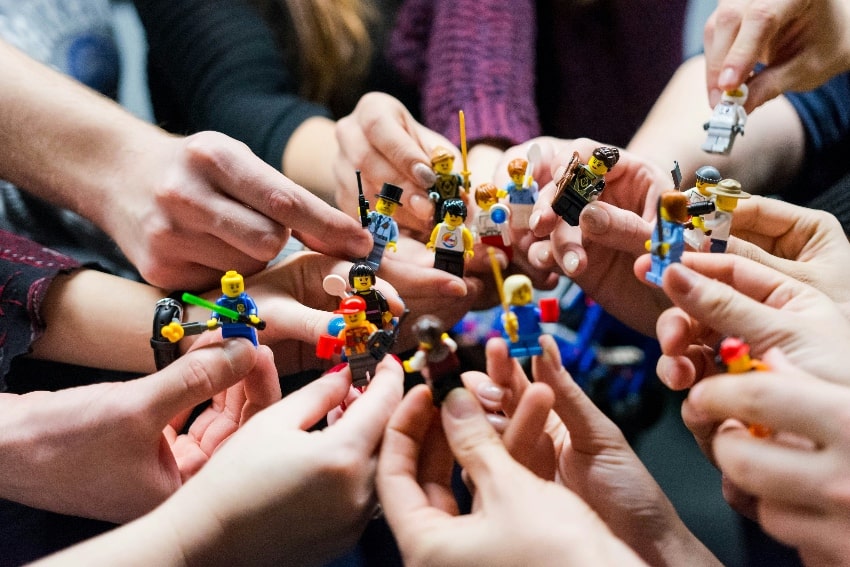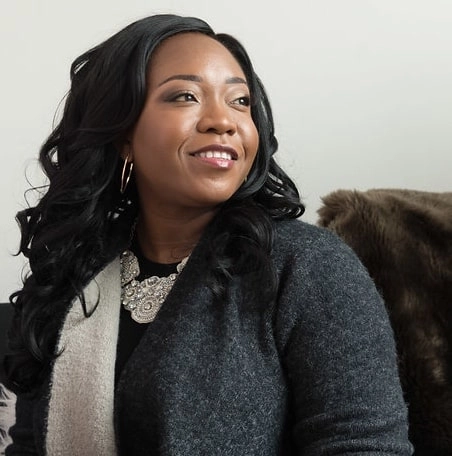Pause. Breathe. Hope. Heal.
Dear Reader! To make life easier for you, I wanted to give you this information in a couple different formats. You can either read this blog post, or click the link below to download the podcast and listen to the episode on the go.
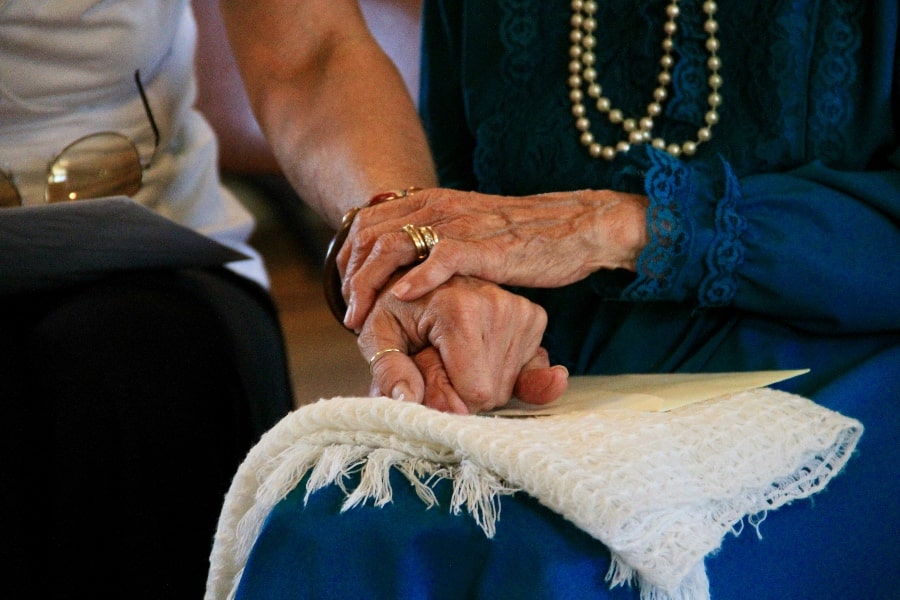
Intergenerational trauma, also known as multigenerational trauma or trans-generational trauma, is when traumatic experiences happen to an individual, family, group, community, ethnicity, or country and affect the next generation.
For example, big “T” and little “t” traumas that happen within a family system can be transmitted from grandparents to their kids and unto their grandchildren through epigenetics. Trauma can also be passed down through subsequent generations via parenting styles, and limiting coping strategies like unhelpful thinking traps.
Merissa Nathan Gerson said, “We inherit pain. When it’s not coped with, it gets passed again”
In essence, that is what intergenerational trauma does, pain happens within a family system or group and it is passed on if it is not coped with and healed.
Having a better understanding of your story is key when seeking healing for this kind of trauma. Looking at systemic traumatic aggressions and micro-aggressions and its impact on generations of your family and cultural group is important. Exploring family patterns of overt and covert wounding and the negative messages that were internalized is also key. We can also discover whether we are currently carrying the burden of trauma our ancestors experienced years ago.
In recent years some people have begun referring to themselves as “cycle breakers” meaning they are choosing to break the intergenerational cycles of trauma in their family. These people do the reflective work to understand their story, they notice harmful family traits, and decide to shift those negative traits for behaviours that are healthier and more appropriate for themselves and subsequent generations.
Cycle breaking is hard work and it allows you to leave a better legacy for your family coming after you. One important thing to be aware of, is this process may not be smooth and there will be regression to the traits that you grew up with. That’s natural. So, if you choose to embark on this process, do so with tons of self-compassion and grace.
Finally, modalities like EMDR, IFS, and Brainspotting are three effective ways to help “cycle breakers” begin to process Intergenerational trauma.
Now, as you finish reading this post, remember to take a moment to pause, breathe, hope, and heal.
If you would like to see if we would be a good therapeutic fit, schedule a free 20-minute consultation by clicking the button below.

